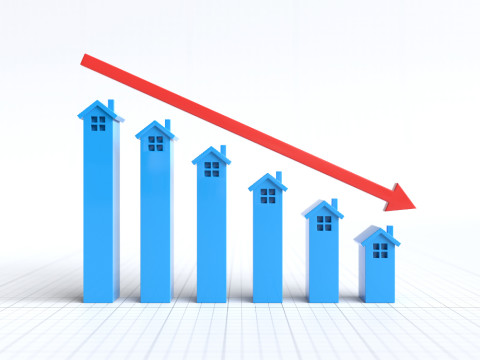Buying a property in the Dominican Republic

The 2008 international financial crisis profoundly affected the global real estate market, with the US at the epicenter. However, its ripple effects were felt worldwide.
In the Dominican Republic, the crisis directly impacted foreign investment. The real estate and tourism sectors, which are pivotal to the country's economy, were hit hard. Many tourists, a significant source of revenue for the country, postponed or canceled their trips due to financial constraints.
The downturn in tourism and real estate investment led to a slowdown in the construction of tourist infrastructure, further stalling the economy. Other vital income sources, like remittances and exports, also took a hit. But as with many crises, resilience and adaptation followed.
The Dominican Republic's real estate sector witnessed a remarkable recovery a few years post-crisis. This resurgence can be attributed to several factors:
- Political stability
- Consistent economic growth
- A booming tourism industry
- Other positive macroeconomic indicators
Another driving force behind the real estate sector's revival was the growth of the middle class. Their increased purchasing power led to a surge in demand for new homes. Presently, the Dominican Republic boasts expansive housing developments, state-of-the-art tourist facilities, office spaces, and commercial establishments.
However, with growth comes the need for regulation. Rapid real estate market expansion necessitates measures to prevent scams and unjust price inflations. This growth isn't just about individual homeownership but also commercial and business ventures. Hence, the development and application of real estate law are paramount.
For many, owning a home is a lifelong dream. Many turn to traditional banks for financing to make this dream a reality. These banks often collaborate with housing project developers, streamlining the loan approval process. But potential buyers must tread carefully. Before signing any sales agreement, it's crucial to ensure the seller or agent is backed by a reputable law firm or notary. This validation ensures the transaction's legitimacy.
Prospective buyers should also consider hiring a legal advisor to guide them through the negotiation process. This is especially important when reviewing the promise of sale, a document where the buyer commits to a deposit and the seller to the final sale. This document requires notarization.
Following this, the definitive sales contract is drawn up and must be notarized, like the promise of sale. This contract facilitates the property's ownership transfer. If the purchase is financed through a bank loan, the bank holds the property title until the loan is fully repaid. Once settled, a mortgage release is issued.
Subsequently, buyers must calculate and pay the necessary taxes and registration fees. The Local Tax Office thoroughly investigates the property and its seller to ensure no outstanding debts and to determine the final amount due. This process can take several days. The last step involves registering the property in the title registry, after which a certificate indicating the new owner is issued.
The Dominican Republic, with its beautiful landscapes, rich culture, and promising economic prospects, remains an attractive destination for real estate investors. However, as with any investment, due diligence is critical.
